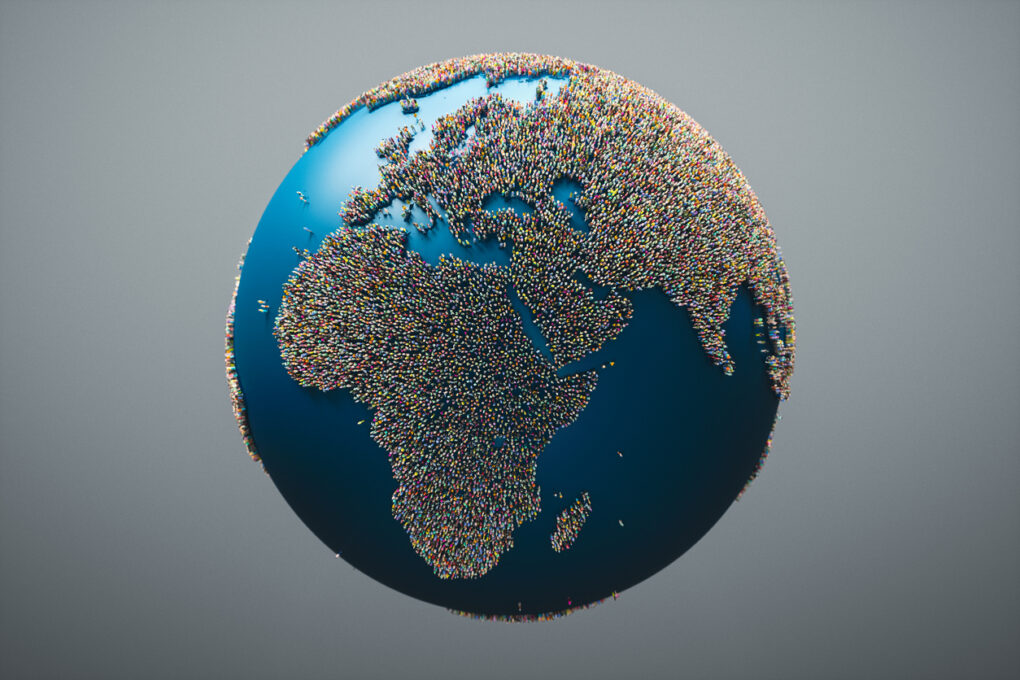
My sister and I went to see Foe recently in the cinema, although it’s probably more apt to say I dragged my sister to the cinema. I’m a massive Saoirse Ronan fan and while many people I know also love her, I could tell from the trailer that this wouldn’t be everyone’s cup of tea. My sister however is generally up for anything so she got the call.
For those that don’t know, Foe is an AI-focused psychological thriller set in a climate-stricken US in 2065. It’s directed by Garth Davis and stars Saoirse Ronan, Paul Mescal and Aaron Pierre, a great cast. I won’t spoil it other than to say, I’m not sure it was our cup of tea either. Don’t get me wrong, we both really liked the film but we both also came out feeling very unsettled. Very. unsettled.
As people may know from my job and previous posts, I’m very aware of climate change. What they may not know is that I’m also a big technology fan and very watchful of AI. I studied AI back in college in the late 90s as part of my computer degree and have watched it develop over the years. While fascinated by it, I’m also a bit fearful of it, maybe as a result of all those movies depicting machines as humans, although I did love Small Wonder as a child in the 80s and was a big Edward Furlong fan back in the day. A love-hate relationship you might say?
My sister on the other hand, is not into tech and is no more or less aware of climate change than anyone else, so it was surprising to hear her say what I was thinking. “That just cut too close to the bone”.
As part of my masters in climate change in DCU I studied environmental ethics through film with the great Pat Brereton (check out his book on same here). It was my favourite subject and it actually blew my mind. It also really opened my eyes as to how film can shape our views and beliefs about Nature. For example, for those that grew up watching old Westerns depicting vast frontiers, it can be difficult now to come to terms with the fact that the world is no longer empty with bountiful resources ripe for the taking, but is instead rather full and getting fuller by the day.

For those that watched The Beach, it can be hard to believe that the Thai government had to close access to the beach in question for four years to recover from the damage caused by a never-ending stream of tourists dropping their litter and washing their oily sun cream off into the glistening sea. A lot less idyllic than the cinematic depiction.
Films have the power to make us fall in love with Nature, even if it’s just for 90 minutes. How many people have come away from a film in awe of Earth’s majesty only to ignore the rainbow out their window or the millions of twinkling stars overhead? Thinking “I wish I lived somewhere like that” while the clouds streak orange and grey through purple and pink skies. When was the last time you lay down on the grass to watch the sky? Do you remember how cool that was? Serene! Whether you live on a farm or in a tower block, there’s wonder to be found.
Although, as Foe reminded me, things are changing. The world is heating up at an unprecedented rate as a result of our obsession with fossil fuels and we are stripping the Earth of all its bounties. Never mind the fact that we are ignoring the life- and health-threatening impacts of climate change and the devastating effect it is having on Nature, we also seem to have lost sight of the fact that fossil fuels are a finite resource, upon which we have built our entire livelihoods.
I recently started a graduate diploma in carbon accounting and life cycle assessment in UCD and so have been looking at the carbon footprint of products as a result. What I’ve realised is that there are a lot of products out there completely dependent on fossil fuels and I mean a lot! Plastics, chemicals, pharmaceuticals, toys, electronics, synthetic fibres, cosmetics, toiletries, household goods. The list goes on.
Thinking about how mad this is and remembering how in school we were taught that there were only X years left of oil reserves, I turned to my trusty Perplexity AI pal to ask “how many years are there before we run out of fossil fuels?”. 53 he told me, while also conflictingly telling me in a separate search that the general consensus is that fossil fuels will be depleted by 2060. The bots pretend to be poor at Math to endear themselves to us, but I digress.
While I might not see another 53 years I would definitely hope to see 2060. I might even still be working when the panic starts to set in as people realise the fabric of our society is drenched in oil while the well is drying up. How old will you be when that happens? How old will your kids be? Your grandkids?
Films speak to us. They touch us. They open our eyes. They reach in and leave their mark. What we do with that mark is up to us. I don’t know what my sister and I will do after Foe, maybe we’ll shake off the unease and carry on or maybe we won’t. All I know is that in that moment I heard a hum and it said “Rise”.






